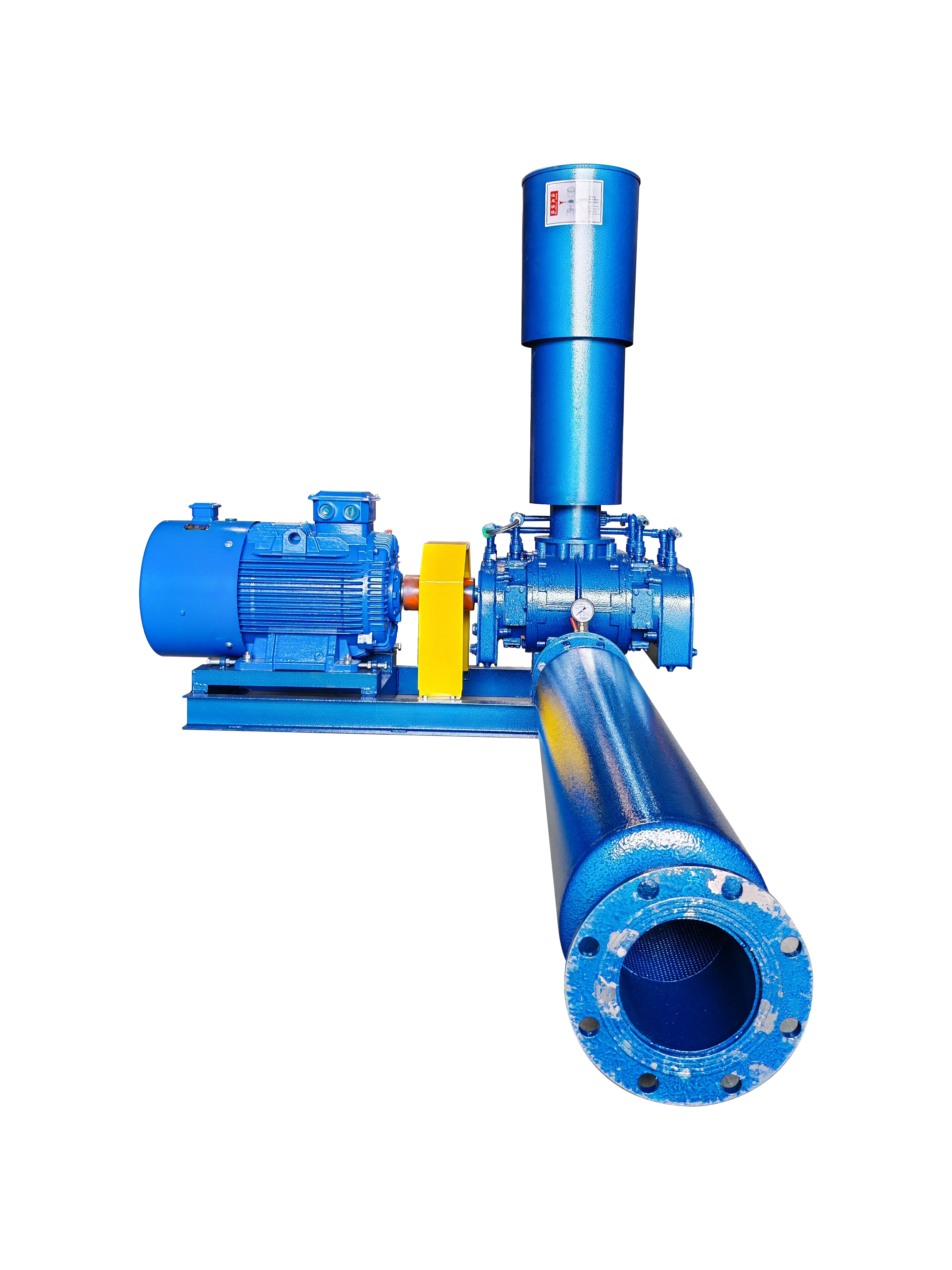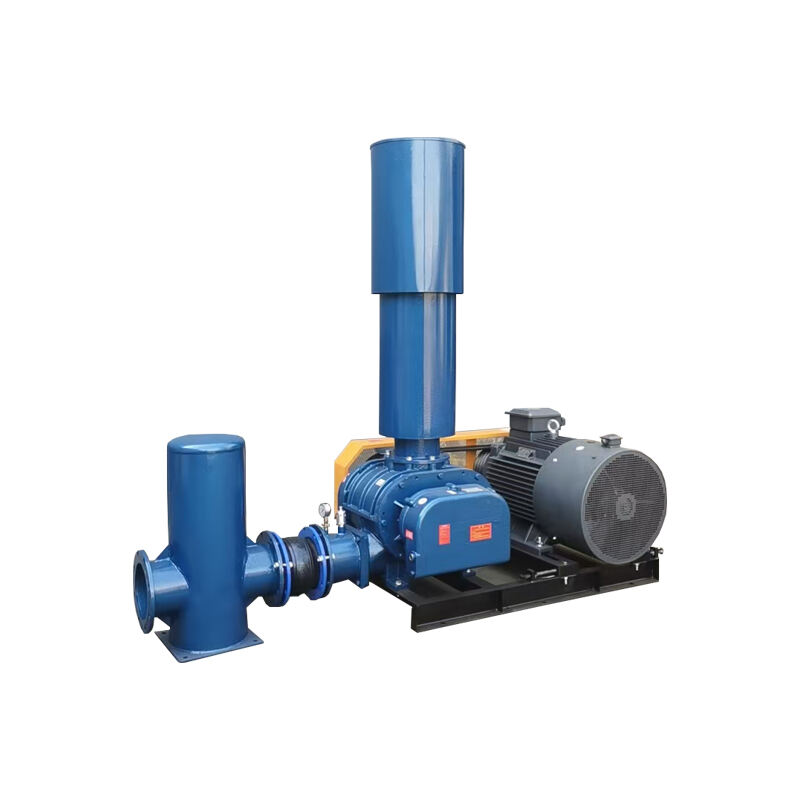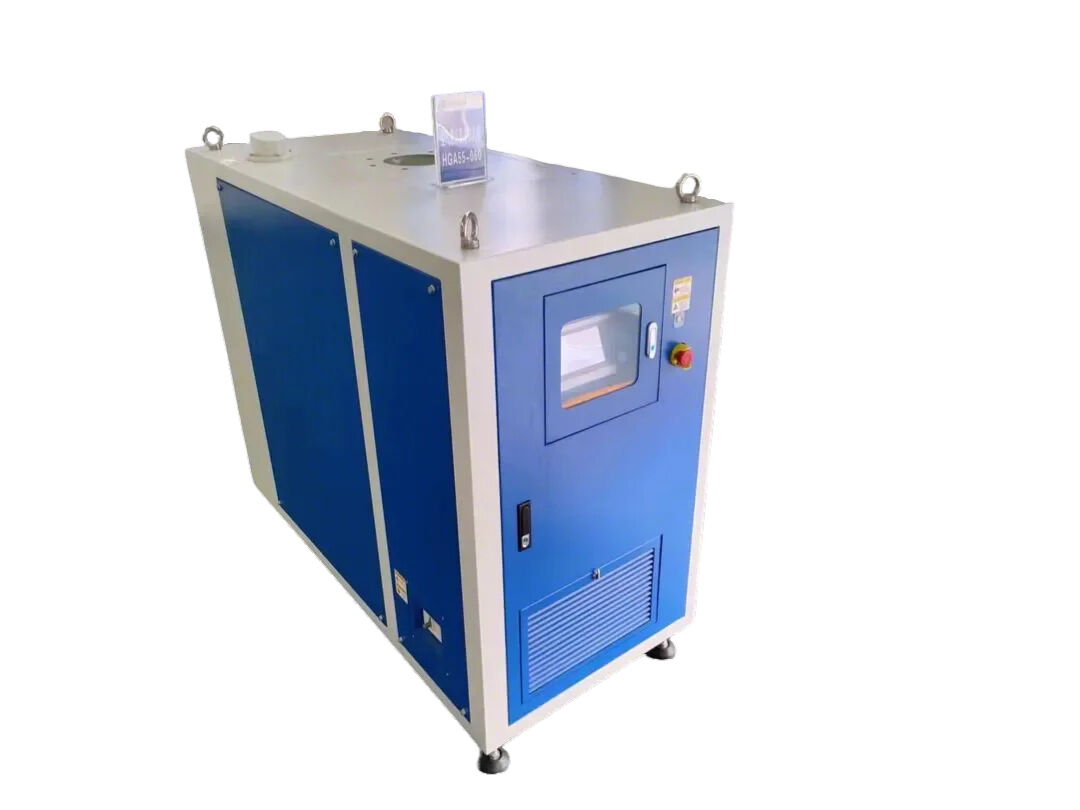blower wastewater
Blower wastewater treatment systems represent a crucial advancement in modern water management technology. These systems utilize powerful air blowers to introduce oxygen into wastewater, facilitating the growth of beneficial microorganisms that break down organic pollutants. The process involves forcing compressed air through diffusers at the bottom of treatment tanks, creating fine bubbles that rise through the wastewater. This action not only provides essential oxygen for biological treatment but also ensures thorough mixing of the contents. The technology incorporates sophisticated control systems that monitor oxygen levels, pressure, and temperature to maintain optimal operating conditions. Modern blower wastewater systems feature energy-efficient motors, precision-engineered impellers, and smart controls that automatically adjust performance based on demand. These systems are widely implemented in municipal wastewater treatment plants, industrial facilities, and commercial applications where consistent water quality is essential. The versatility of blower wastewater systems allows them to handle varying load conditions, making them suitable for both small-scale operations and large treatment facilities.



